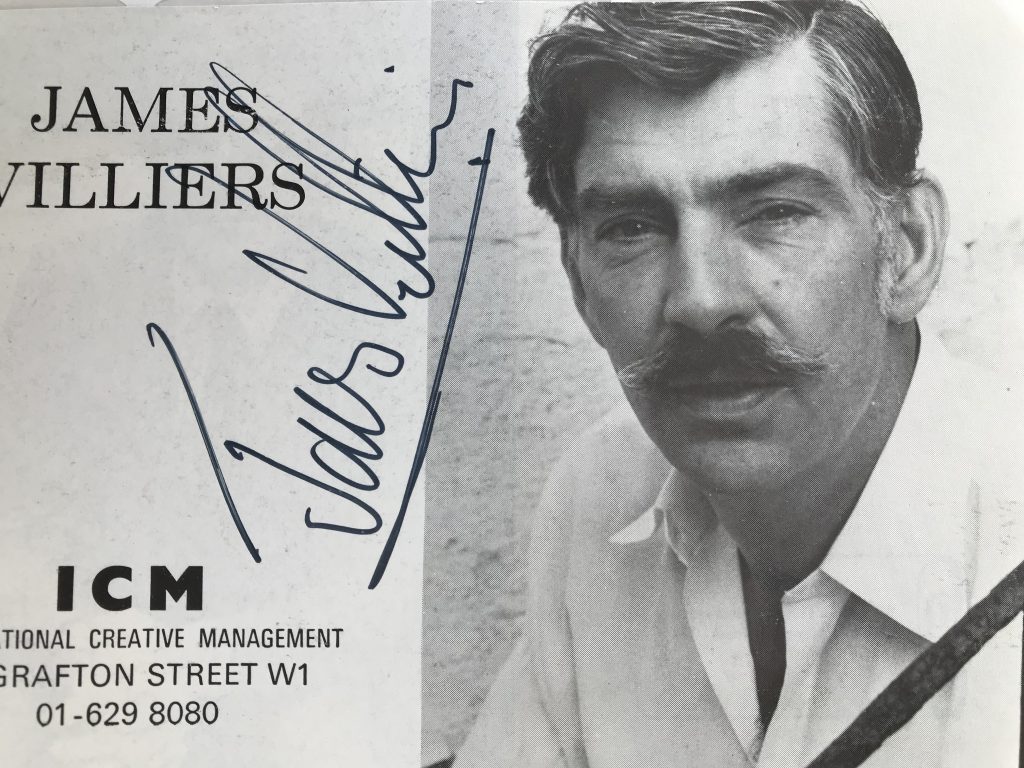
James Villiers obituary in “The Guardian” in 1998.
James Villiers :actor: born London 29 September 1933; married 1966 Patricia Donovan (marriage dissolved 1984), 1994 Lucy Jex; died Arundel, West Sussex 18 January 1998.
One of the country’s most distinctive character actors, with ripe articulation and a flair for displaying supercilious arrogance that put him in the Vincent Price class of screen villains, James Villiers was often cast in such roles in his early years. He was also the most English of actors, and not surprisingly his career was liberally sprinkled with the works of Shaw, Coward, Wilde and dramatists of the Restoration.
Born in London in 1933, Villiers (pronounced Villers) was proud of his aristocratic lineage (his family tree goes back to the Duke of Rockingham). He was brought up in Shropshire and later at Ormeley Lodge in Richmond, more recently the home of James Goldsmith, and educated at Wellington College. He had, however, become stage-struck as a child (his brother John recalls Villiers as a boy begging Colchester Repertory to take him on in any capacity whatever and being heartbroken when they refused) and at prep school he gained a reputation as their best actor.
After training at the Royal Academy of Dramatic Art, where he formed lifelong friendships with fellow students and cricket enthusiasts Peter O’Toole and Ronald Fraser, he made his stage debut at the Summer Theatre in Frinton as William Blore in Agatha Christie’s thriller Ten Little Niggers (1953), and the following year made his first West End appearance with the Shakespeare Memorial Company in Toad of Toad Hall.
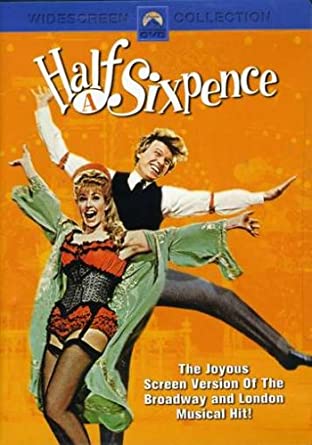
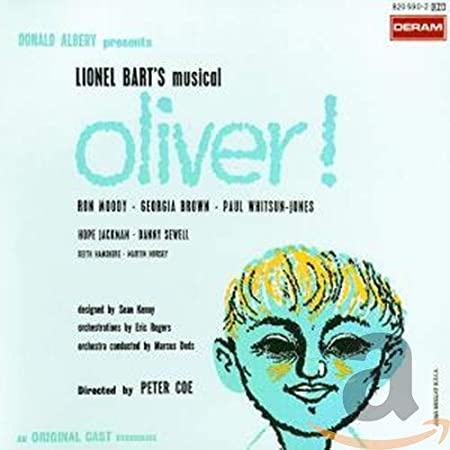
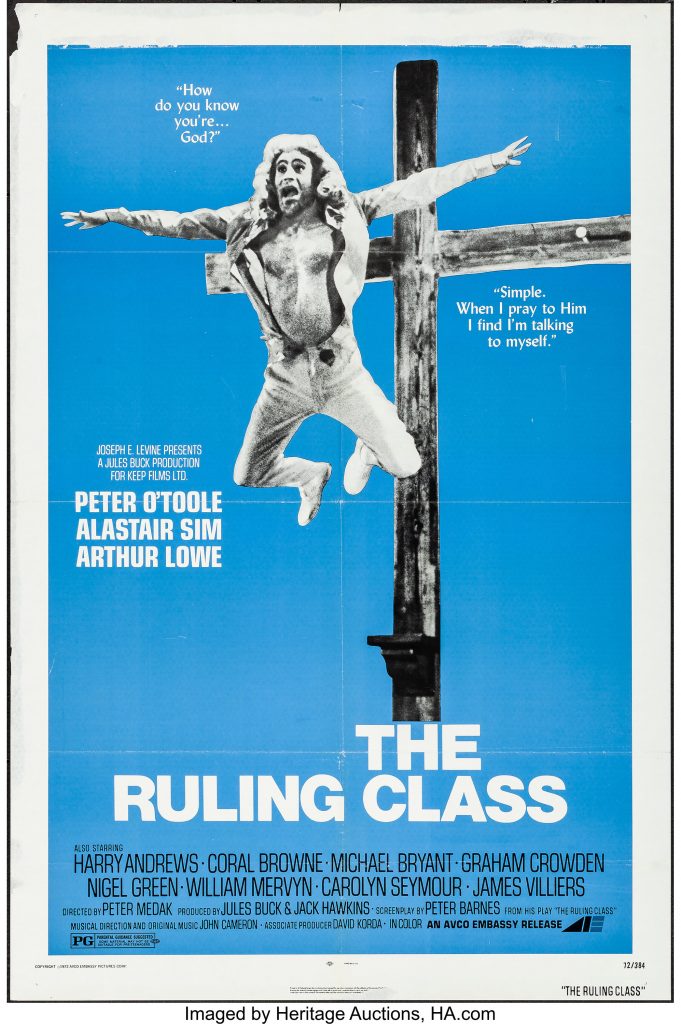
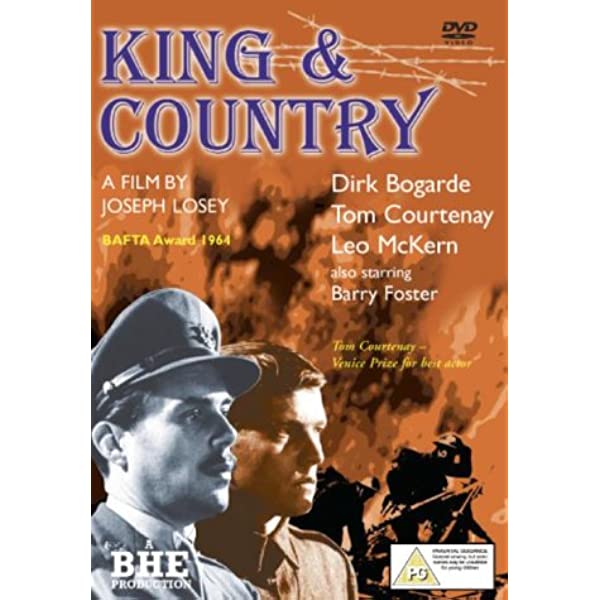
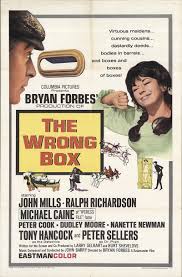
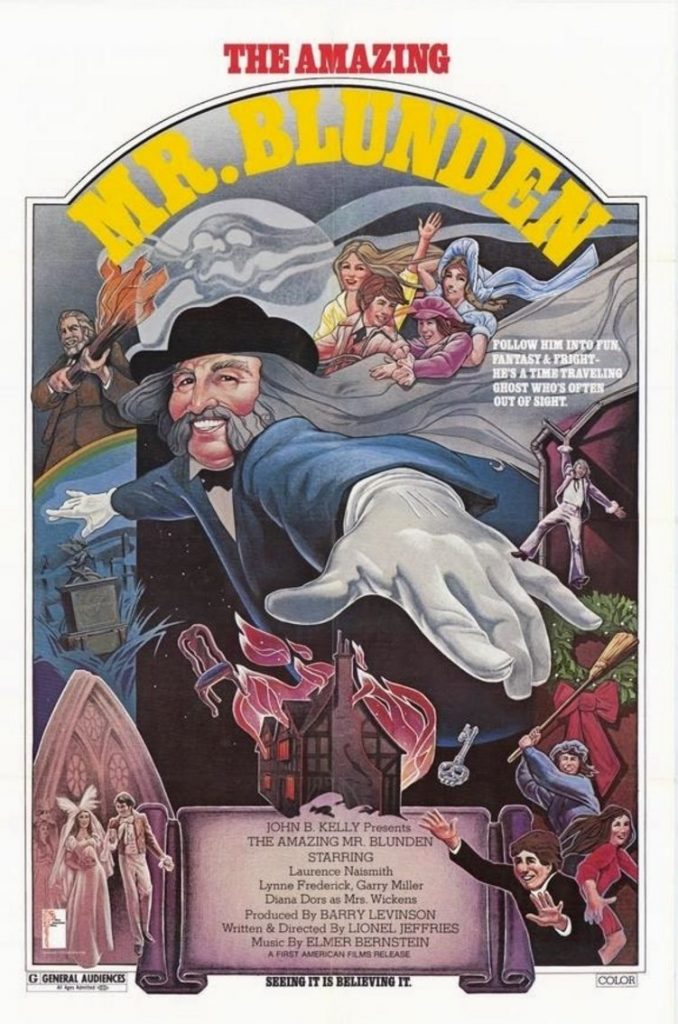
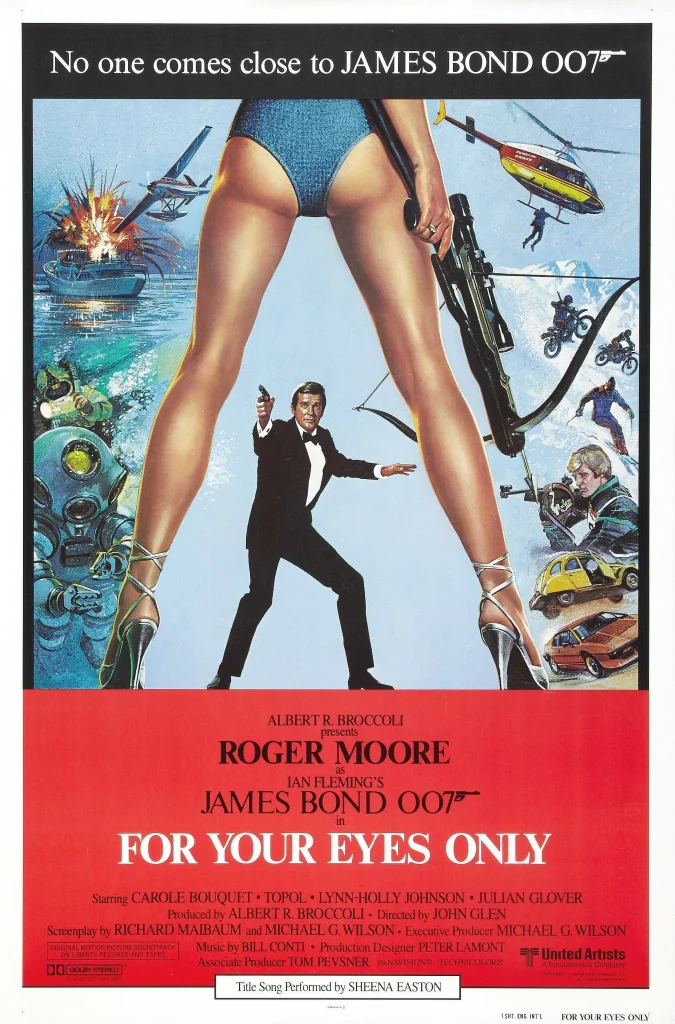
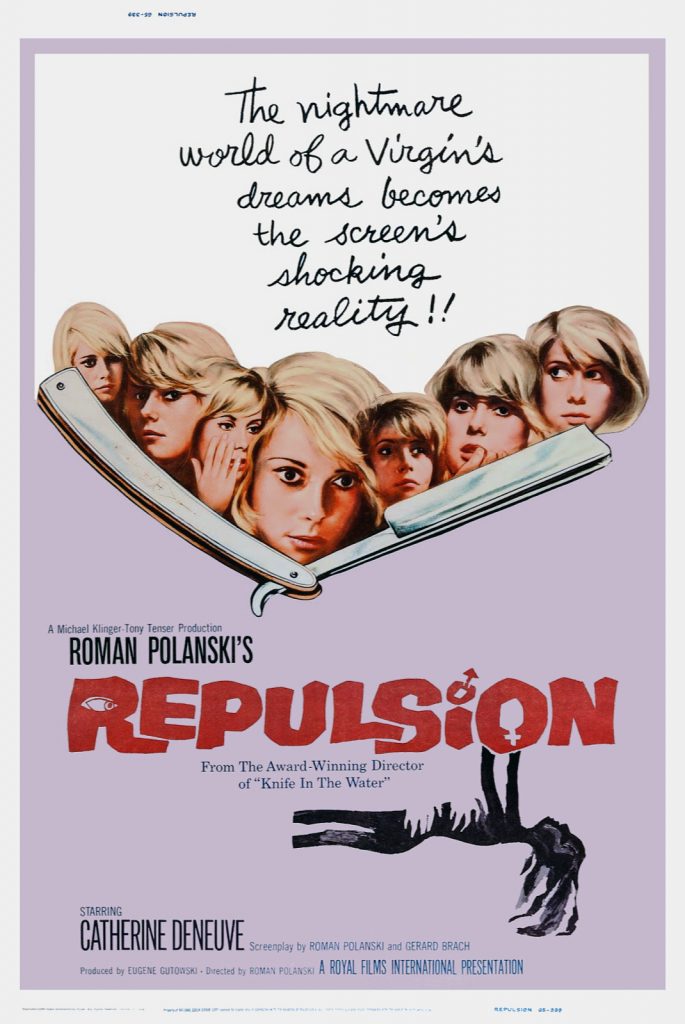
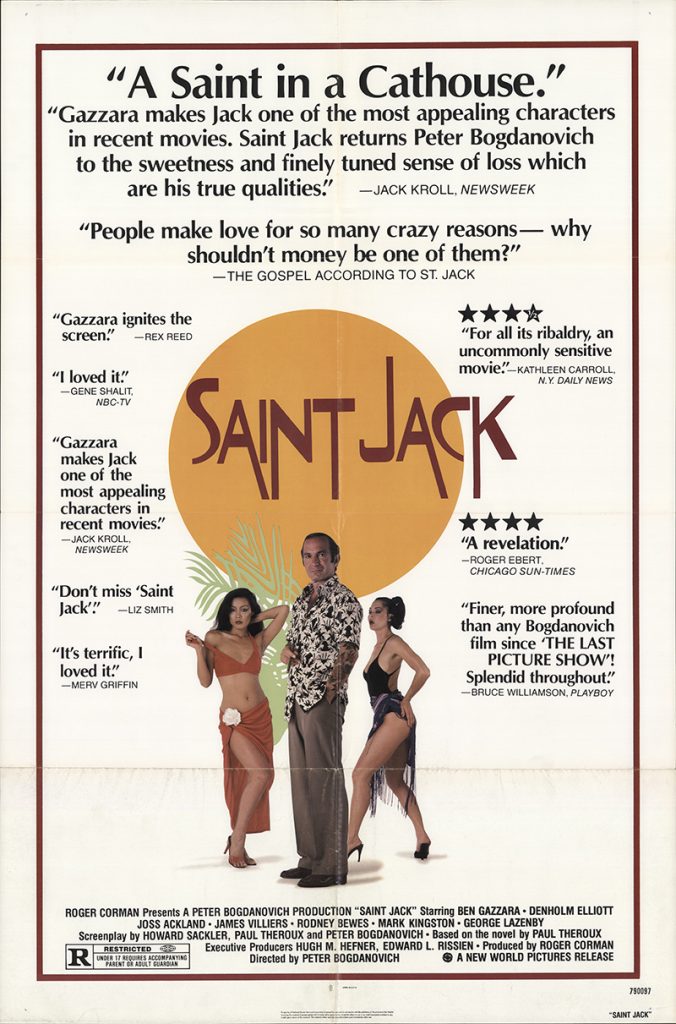
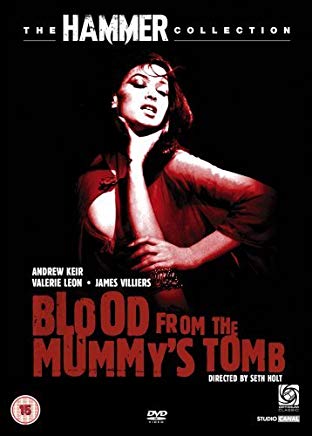
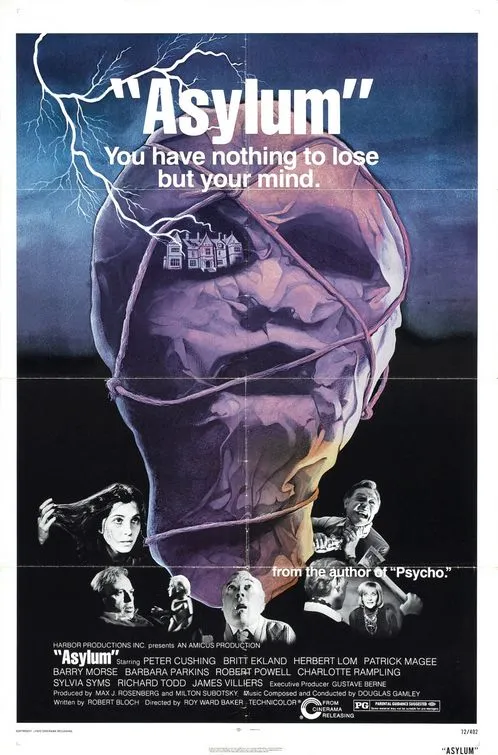
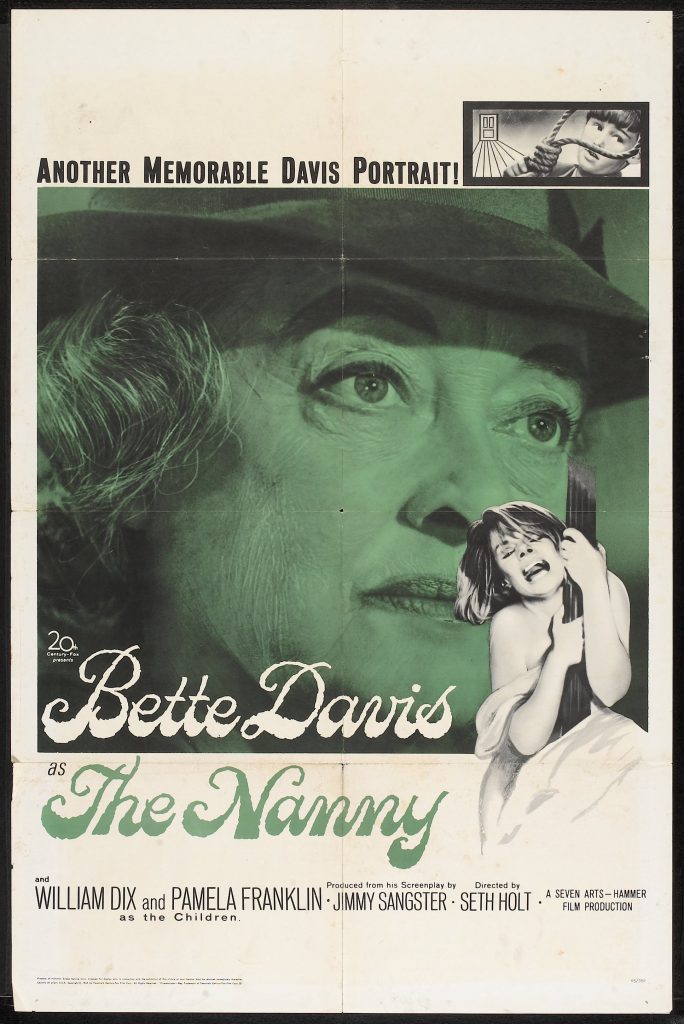
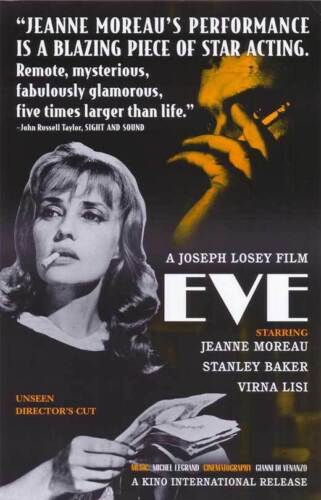
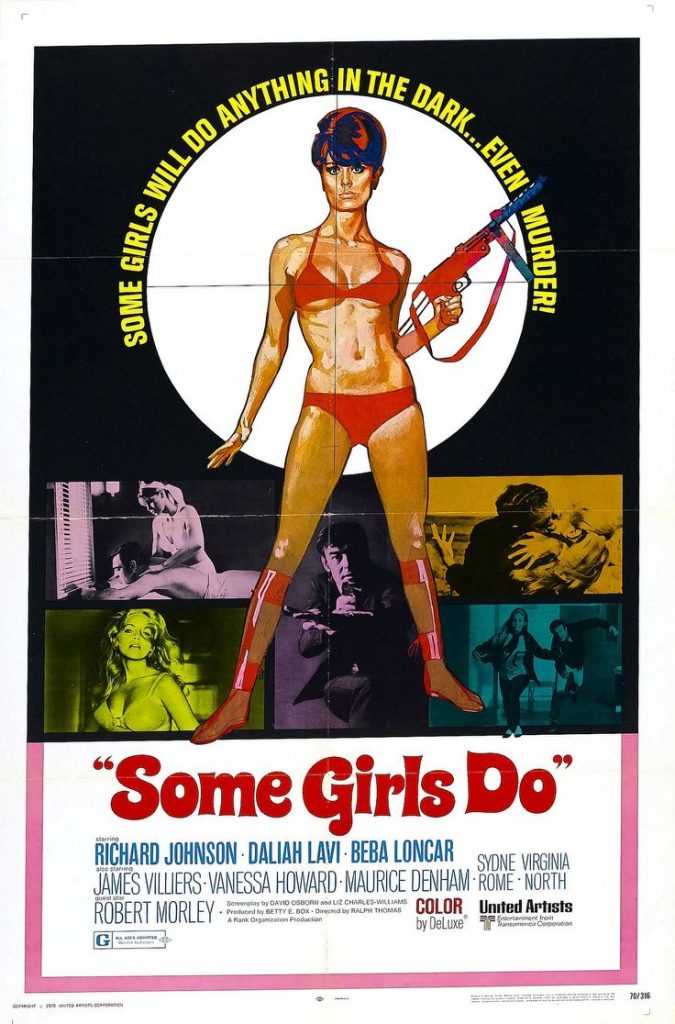
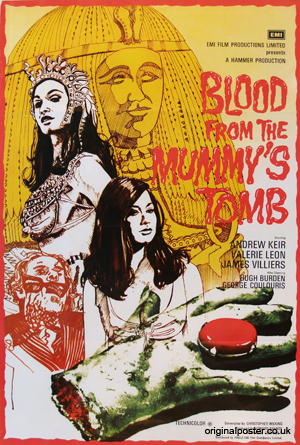
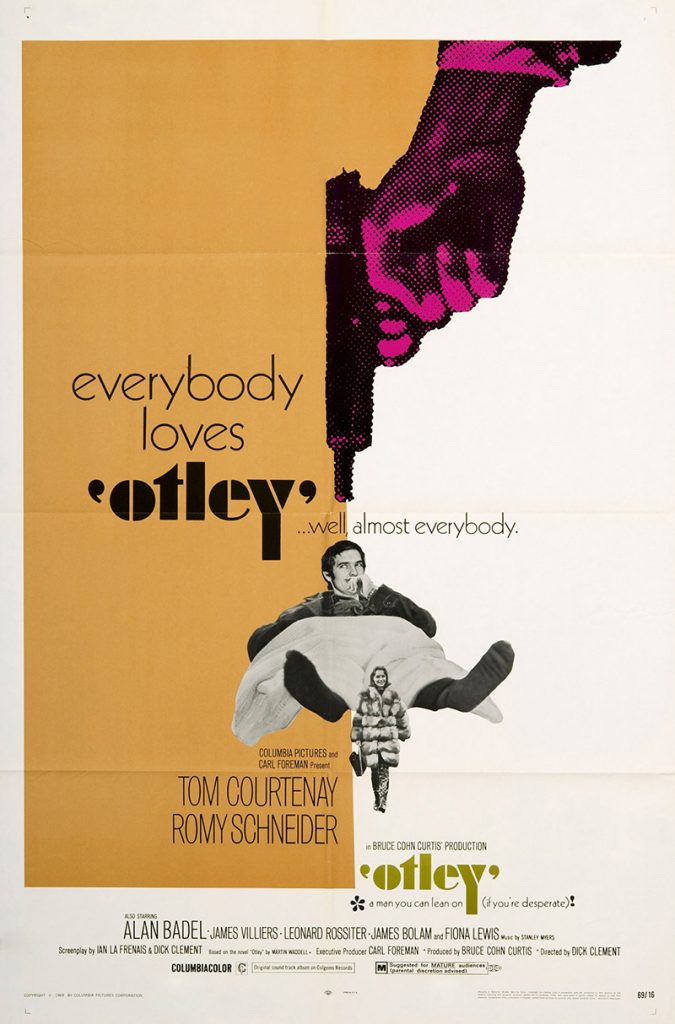
In 1955 he started a two-year period with the Old Vic Company, his roles including Trebonius in Julius Caesar and Bushy in Richard II. He made his Broadway debut in the latter role in 1956 during the Old Vic tour of the United States and Canada, then spent a year with the English Stage Company. In 1960 he made his film debut in Tony Richardson’s The Entertainer (which also marked the screen debuts of Alan Bates and Albert Finney), and the following year made his first thriller (in a rare heroic role), The Clue of the New Pin (1961).
He first worked with Losey on The Damned (1961), and for the same director played in Eve (1962) and as an officer in the finely acted pacifist piece King and Country (1964). In Roman Polanski’s Repulsion (1965) he was the friend who ambiguously gives John Fraser a kiss, in Seth Holt’s The Nanny (1965) Villiers and Wendy Craig were the parents of a disturbed child left in the care of Bette Davis at her most neurotic, and in George Sidney’s Half a Sixpence (1968) he was the snobbish father of the society girl Kipps (Tommy Steele) hopes to marry.
Other films included Nothing But the Best (1963), Blood from the Mummy’s Tomb (1971), For Your Eyes Only (1981) and Let Him Have It (1991). His many television appearances included Pygmalion (as Professor Higgins), Lady Windermere’s Fan, Fortunes of War and most recently Dance to the Music of Time. Stage successes include the thriller Write Me a Murder (1962), a superbly droll and highly acclaimed performance as Victor Prynne in John Gielgud’s 1972 revival of Coward’s Private Lives, starring Maggie Smith and Robert Stephens, a forceful Earl of Warwick in John Clements’s 1974 production of Saint Joan, and prominent roles in such classics as Pirandello’s Henry IV (with Rex Harrison), The Way of the World and The Last of Mrs Cheyney.
A few years ago he created the role of Lord Thurlow in Nicholas Hytner’s staging for the National Theatre of Alan Bennett’s The Madness of George III, and most recently was featured as Mr Brownlow in the hit revival of Oliver! at the London Palladium.


